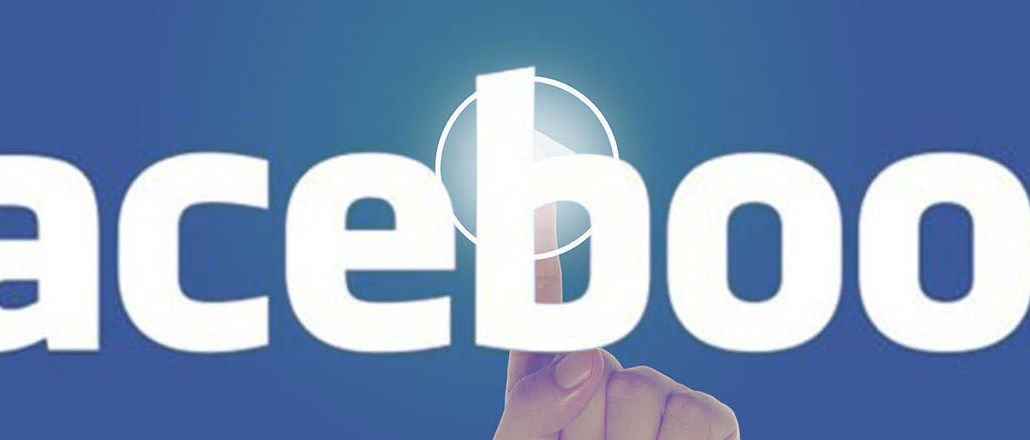Secure your place at the Digiday Media Buying Summit in Nashville, March 2-4
Facebook suspends Domain Insights, changing rules of the road for new publishers

On the last day of June, Facebook dammed up a stream of audience data that publishers once used to see how their content performed inside Facebook. Late last week, it acknowledged that it may not turn the tap back on, either.
Specifically, Facebook noted that it was cutting off new access to Domain Insights, a tool that gave website developers access to rudimentary information about how a site’s externally hosted content performed when users shared it inside Facebook.
“We unfortunately won’t be accepting new domains for now,” a Facebook employee wrote in response to a question from developers.
While current publishers will continue to have access to that information, the news set off a great deal of bellyaching among developers, some of whom see it as a power play to coerce publishers to put their content directly inside Facebook.
“Any website not already using Facebook [Domain] Insights is screwed,” Jason Fox, the founder of Merit, an app that colleges use to share content about their students, wrote in an email.
While not every publisher felt the same way — “It’s not that big a deal,” a senior social strategist at a large digital publisher said — the move does underscore the fact that, with publishers more dependent on Facebook’s audience than ever, it may be in position to start exerting more control over what, and how, publishers can learn about that audience.
And for any new publisher that wants to learn about how its content performs inside Facebook, without publishing it there directly, last week’s move represents “a big loss,” that same senior social strategist said.
Prior to the closure of Domain Insights, Facebook offered developers three separate categories of insights: Domain Insights, which showed how content from external sites performed inside the platform; App Insights, for content shared from apps inside Facebook, such as on Messenger; and Page Insights, which shows how content like Instant Articles or Facebook Videos does.
Publishers will still have access to the latter two sources of information. And any audience developer serious about tracking content can use Google Analytics to see when traffic comes from Facebook. But a number of developers say that the change will leave some blind spots for publishers keen to figure out how their content is consumed inside Facebook.
“You can’t really know, without these domain insights, who’s sharing your content,” said Alexandra Kanik, an interactives developer at the Kentucky Center for Investigative Reporting and the former metrics editor at MediaShift. “Some of it is some stuff you can gather from Google Analytics, but there is a lot that doesn’t capture.”
Instead, if new publishers want to get a sense of how Facebook’s audience likes their content, those publishers are now going to have to publish it there directly.
Going from three free data sources down to two reflects how far Facebook has gone, from a platform trying to demonstrate its value to publishers to a massive hub that many of them depend on. “From our perspective, Facebook has been one of the more friendly companies in providing APIs,” said Sachin Kamdar, the CEO of Parsely, a social analytics firm for publishers.
Kamdar added that the move may wind up simplifying things for publishers, rather than complicating them. “A lot of our customers deal with dashboard overload, trying to figure out how their articles are performing,” he said.
Of course, last week’s move only affects new or future publishers. If Facebook is thinking about cutting Domain Insights off altogether, it may want to do it carefully. Twitter’s decision to cut off share counts gave publishers a case of the howling fantods last fall, and Facebook probably has no interest in a similar reaction.
It has also given itself the right to change its mind. “Please keep in mind that this is not a final decision,” Facebook’s post read. “More changes are possible in the future.”
It is not clear how many publishers currently use Facebook Domain Insights. Facebook did not respond to a request for comment.
More in Media

Media Briefing: Turning scraped content into paid assets — Amazon and Microsoft build AI marketplaces
Amazon plans an AI content marketplace to join Microsoft’s efforts and pay publishers — but it relies on AI com stop scraping for free.

Overheard at the Digiday AI Marketing Strategies event
Marketers, brands, and tech companies chat in-person at Digiday’s AI Marketing Strategies event about internal friction, how best to use AI tools, and more.

Digiday+ Research: Dow Jones, Business Insider and other publishers on AI-driven search
This report explores how publishers are navigating search as AI reshapes how people access information and how publishers monetize content.





